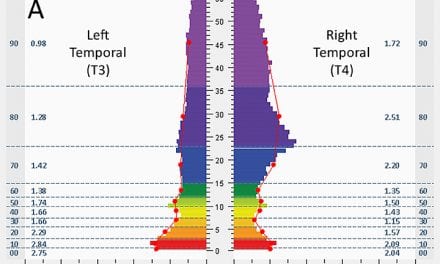New research from Northwestern University suggests that memories can be reactivated during sleep and storage of them can be strengthened in the process.
In the Northwestern study, research participants learned how to play two artificially generated musical tunes with well-timed key presses. Then while the participants took a 90-minute nap, the researchers presented one of the tunes that had been practiced, but not the other.
"Our results extend prior research by showing that external stimulation during sleep can influence a complex skill," said Ken A. Paller, professor of psychology in the Weinberg College of Arts and Sciences at Northwestern and senior author of the study.
By using EEG methods to record the brain’s electrical activity, the researchers ensured that the soft musical "cues" were presented during slow-wave sleep. Participants made fewer errors when pressing the keys to produce the melody that had been presented while they slept, compared to the melody not presented.



